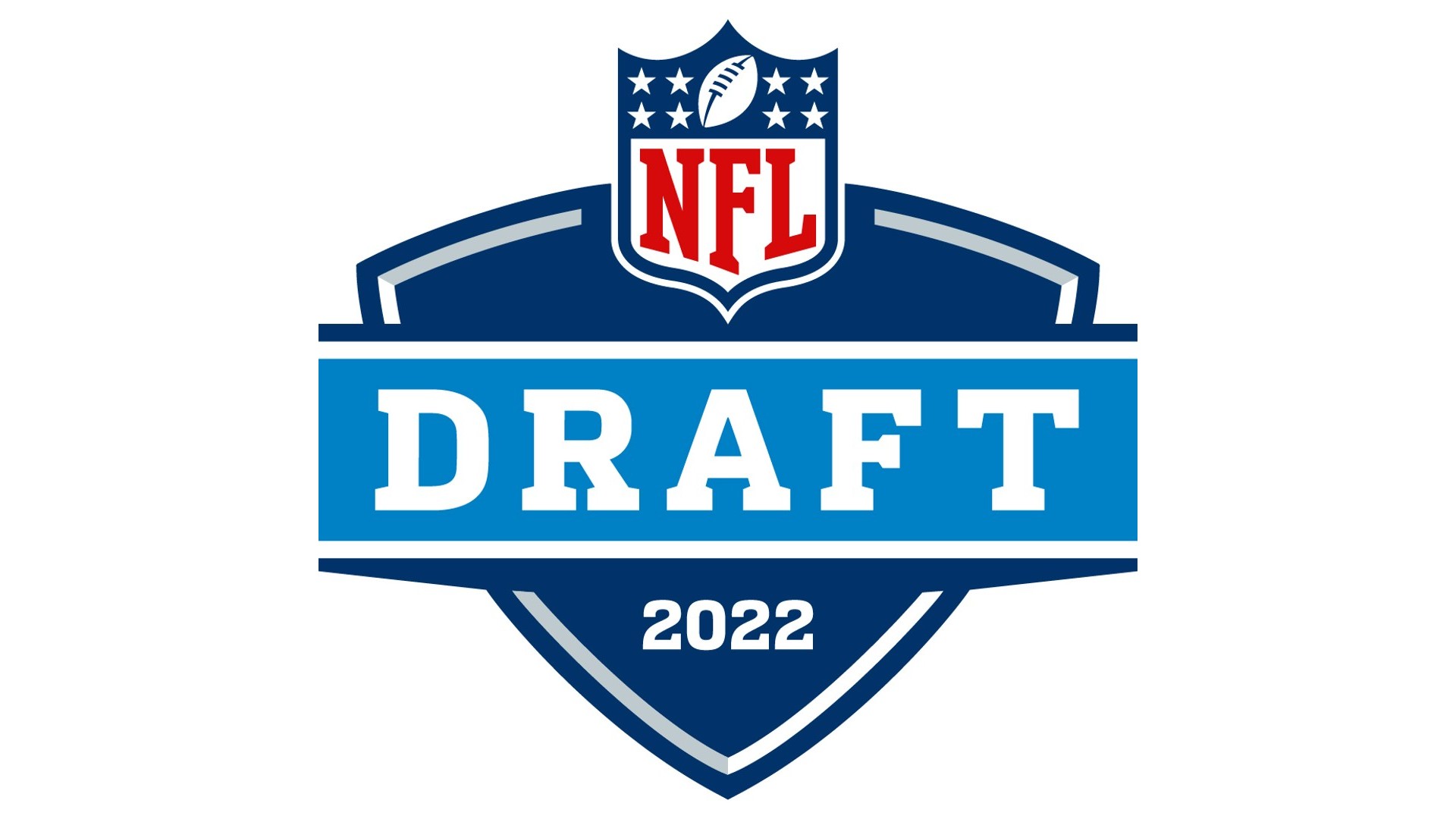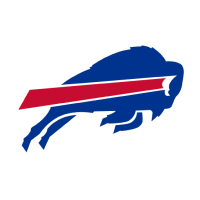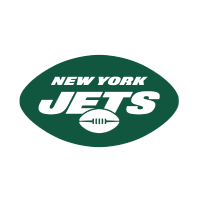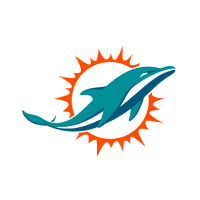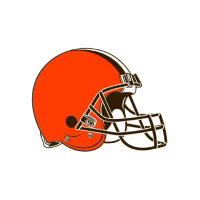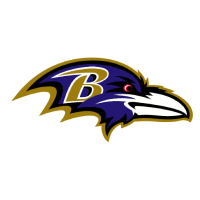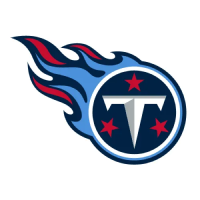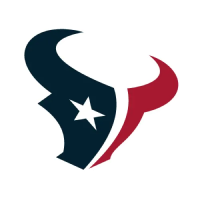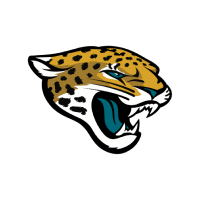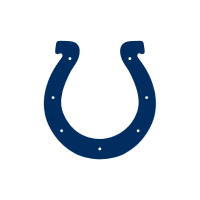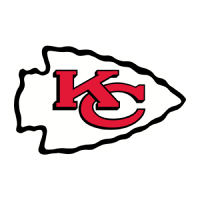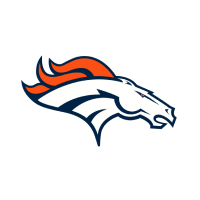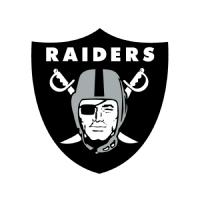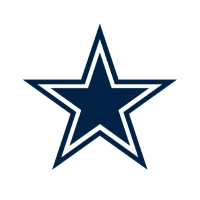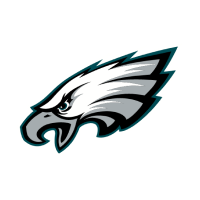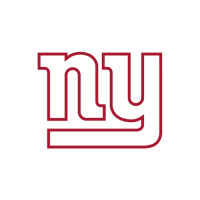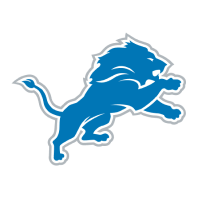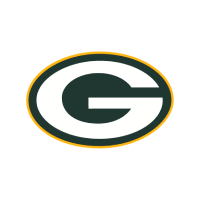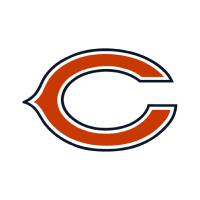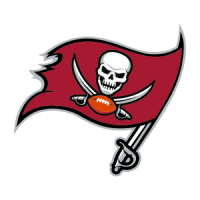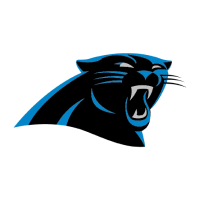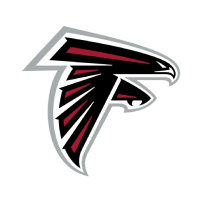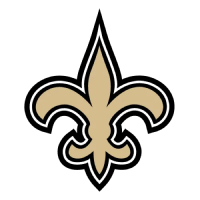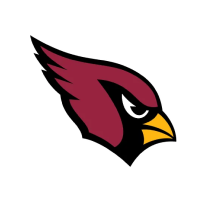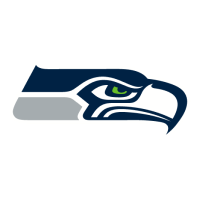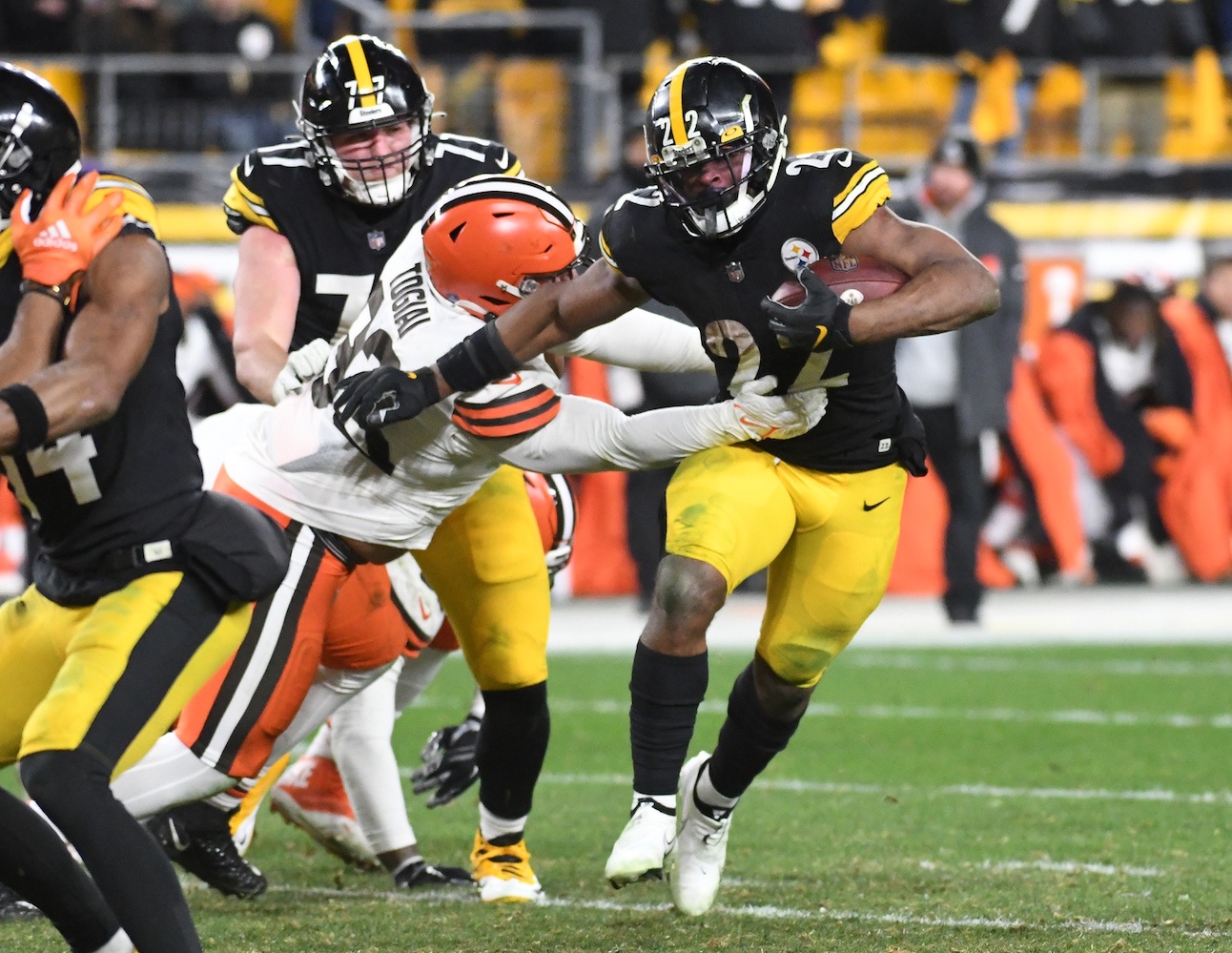The Jets’ defense this year is a problem.
I don’t mean that as a compliment—as in it’s been a problem for opponents’ offenses by consistently making plays all over the field. Their defense is a problem for New York because of how bad it is, and it’s starting to reach a level of historically bad.
New York tried to make a big change in the offseason by firing their offensive-minded head coach, Adam Gase. To replace him, they brought in a defensive guru to run their team: former 49ers’ defensive coordinator Robert Saleh.
One would think that bringing in someone like Saleh, whose design of the defense helped bring the 2019 San Francisco 49ers their first conference championship since 2012, would have brought about strong defensive play. Instead, the Jets have the worst defense in the NFL in both points and yards allowed per game. Their defense’s Defense-adjusted Value Over Average (DVOA) is the highest in the NFL (16.8%), meaning teams are finding success in important situations against New York’s defense at a higher rate than against any other defense.
The last few games have been particularly emblematic of the Jets’ inability to shut down offenses. In the last four weeks, their opponents have scored 54, 31, 45, and 45 points, respectively. Those performances have made New York’s points allowed per game surge to a league-high 32.9, and it makes them the only team allowing over 30 points per game. It also keeps them a comfortable 3.7 points allowed per game ahead of the Falcons, who have the league’s second-worst scoring defense.
Where we could’ve written off the initial game in the bad stretch—Patriots’ 551-yard, 54-point performance—as a one-off, bad day for the defense, it has instead become a trend. They’ve allowed 1,890 yards of offense in the last four games, which is the most ever allowed in a four-game stretch in Jets history.
Having a tough stretch of games is understandable, to be sure. Every NFL fan of any particular team has had the experience of watching their team struggle through a short stretch. New York has also had its fair share of bad breaks: Carl Lawson’s season-ending injury before the season even began, a torn Achilles for Marcus Maye, and a triceps tear for fellow safety Lamarcus Joyner. But like former Jets head coach Rex Ryan said Monday morning, “So what? Everybody has a million injuries, let alone an above-average safety you’re missing.”
What’s most shocking and inexcusable about this current stretch for the Jets is the lack of improvement from players and improved game-planning from coaches.
“Our system prides itself on being able to get better as the year goes on, and clearly it’s not happening,” Saleh said after the game.
No kidding.
On Sunday, the Bills had 489 yards of total offense. Josh Allen had 366 passing yards, 162 of which were to the hands of Stefon Diggs. When Jets rookie cornerback Brandin Echols, who Diggs had already been burning all day, went down with an injury, second-year defensive back Javelin Guidry came in to replace him and proceeded to continue getting burned. For some reason, Saleh and defensive coordinator Jeff Ulbrich continued to leave Guidry in one-on-one coverage with a single-high safety. And over and over again, Diggs won that matchup and Allen would throw to him.
So much single coverage against an incredibly dynamic receiver like Diggs didn’t make sense. Not having other defenders—like Bryce Hall—step in and shadow Diggs when things weren’t working with Echols (then Guidry) didn’t make sense, either.
It hasn’t all been about poor coverage and scheming. The pass rush just also hasn’t been a factor in recent games and linebackers have been missing tackles, too. All signs on defense have pointed toward regression, not progress. That’s not a good sign for a team in their first year under a defensive-minded head coach, and blowouts that continue to pile up can only be bad for team morale.
This is only the beginning of what will be a long rebuild for the Jets, so defensive upgrades with more skilled players are sure to be on the way. But the lack of improvement from current players is a troubling sign in a new system, and Saleh must find a way to right the ship that is the current state of the Jets’ defense.
The good news? It can’t get any worse.
Filed In
Related Articles
Cincinnati Bengals
Should Joe Burrow Be The NFL MVP?
- Jan 07, 2022
NFL
Steelers Hit A Home Run With Najee Harris
- Jan 07, 2022
Written By
